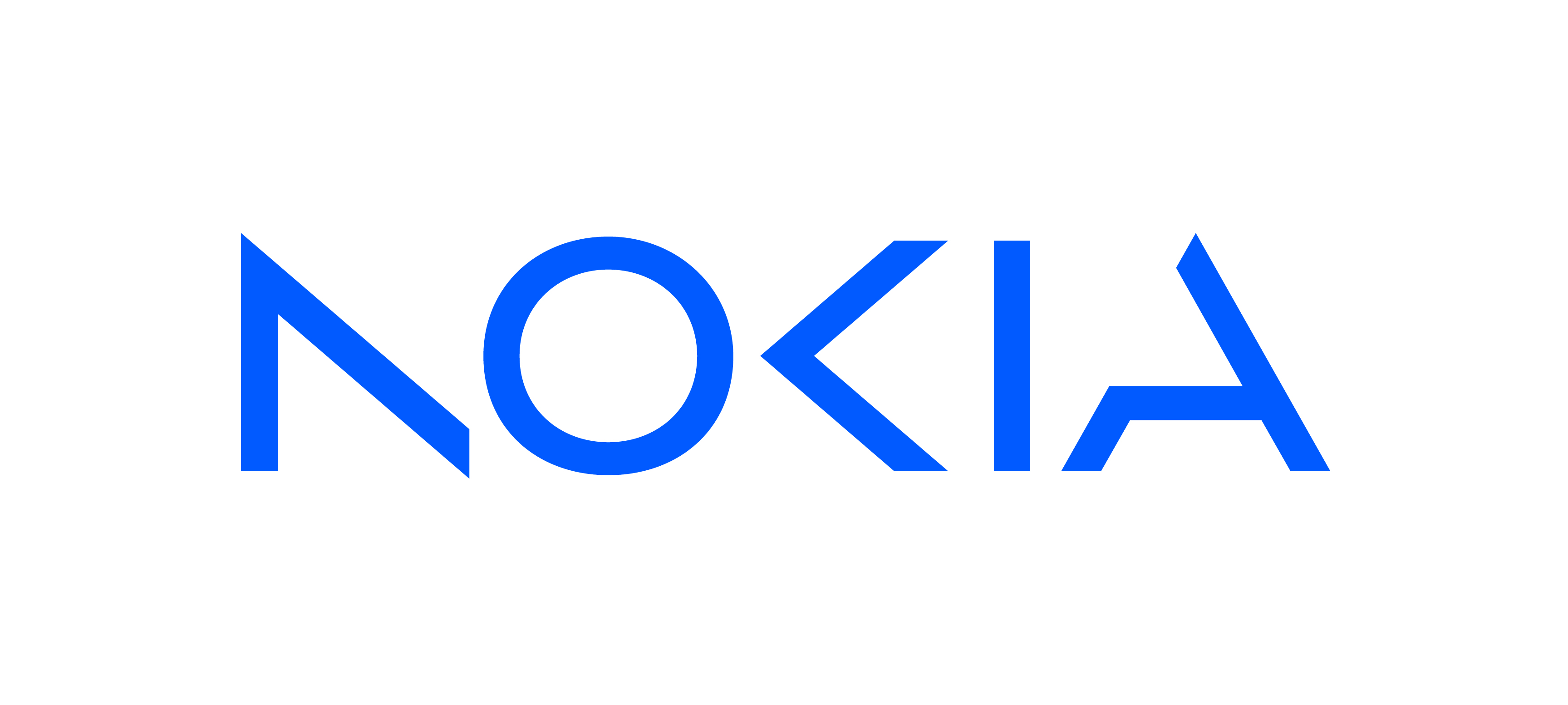Nokia, once renowned for its mobile phones, is now aiming to play a key role in Korea's digital transformation. Leveraging its B2B network solutions expertise, the Finnish telecom giant plans to develop 6G network equipment by 2027 and commercialize it by 2029.
Setting its sights on the future, the Finnish telecommunications giant is dedicated to developing 6G network equipment by 2027 and aims to commercialize this cutting-edge wireless technology by 2029.
It's worth noting that the Korean government has laid out an impressive digital roadmap called "K-Network," with the vision of becoming the first country in the world to commercialize 6G by 2030.
"Nokia is deeply committed to B2B technology collaborations, working closely with esteemed companies such as SK Telecom, KT, and LG Uplus in Korea. We bring our expertise in network infrastructure, mobile networks, cloud and network services, software business, and licensing," emphasized Nokia during a press conference.
During this conference, Nokia provided valuable insights into Korea's 5G landscape and its substantial contribution to the country's network industry. The company expressed enthusiasm for the K-Network 2030 strategy of the Korean government, seeing it as a perfect fit for their business. Nokia is fully prepared to contribute to the digital transformation of Korean companies and the government.
Last September, the government announced its ambitious K-Network 2030 strategy, aimed at positioning Korea as the frontrunner in future network technologies such as 6G networks, quantum networks, low-orbit satellite communications, and Open RAN, a system that facilitates interoperability between wireless network manufacturers.
Expected to operate on a higher frequency range, 6G networks will offer exceptional data capacity and reduced latency when compared to the current 5G network. Brian Cho, Nokia Korea's Head of RAN Product Management, highlights, "The industry envisions 6G commercialization with a tenfold increase in data capacity compared to 5G, while reducing electricity consumption by half."
Nokia's aspirations reflect their desire for wireless market leadership, actively continuing research in 5G advancements and the exciting frontier of 6G. Chief Technology Officer James Han agrees, highlighting 5G's limitations in powering advanced technologies like the metaverse, extended reality, and virtual reality.
Ahn Tae-ho, Nokia Korea's Head of Market Unit, elaborates, "Nokia's mission in Korea is to offer critical solutions that have the potential to revolutionize the nation's technology landscape."
Nokia is steadfast in its commitment to driving Korea's digital transformation, all while positioning itself as a catalyst for groundbreaking technological advancements.
Photo: Pawel Czerwinski/Unsplash



 Nvidia CEO Jensen Huang Says AI Investment Boom Is Just Beginning as NVDA Shares Surge
Nvidia CEO Jensen Huang Says AI Investment Boom Is Just Beginning as NVDA Shares Surge  Hims & Hers Halts Compounded Semaglutide Pill After FDA Warning
Hims & Hers Halts Compounded Semaglutide Pill After FDA Warning  SpaceX Pushes for Early Stock Index Inclusion Ahead of Potential Record-Breaking IPO
SpaceX Pushes for Early Stock Index Inclusion Ahead of Potential Record-Breaking IPO  Dollar Near Two-Week High as Stock Rout, AI Concerns and Global Events Drive Market Volatility
Dollar Near Two-Week High as Stock Rout, AI Concerns and Global Events Drive Market Volatility  Singapore Budget 2026 Set for Fiscal Prudence as Growth Remains Resilient
Singapore Budget 2026 Set for Fiscal Prudence as Growth Remains Resilient  Nvidia, ByteDance, and the U.S.-China AI Chip Standoff Over H200 Exports
Nvidia, ByteDance, and the U.S.-China AI Chip Standoff Over H200 Exports  Anthropic Eyes $350 Billion Valuation as AI Funding and Share Sale Accelerate
Anthropic Eyes $350 Billion Valuation as AI Funding and Share Sale Accelerate  Vietnam’s Trade Surplus With US Jumps as Exports Surge and China Imports Hit Record
Vietnam’s Trade Surplus With US Jumps as Exports Surge and China Imports Hit Record  Fed Governor Lisa Cook Warns Inflation Risks Remain as Rates Stay Steady
Fed Governor Lisa Cook Warns Inflation Risks Remain as Rates Stay Steady  Ford and Geely Explore Strategic Manufacturing Partnership in Europe
Ford and Geely Explore Strategic Manufacturing Partnership in Europe  SpaceX Updates Starlink Privacy Policy to Allow AI Training as xAI Merger Talks and IPO Loom
SpaceX Updates Starlink Privacy Policy to Allow AI Training as xAI Merger Talks and IPO Loom  Gold and Silver Prices Slide as Dollar Strength and Easing Tensions Weigh on Metals
Gold and Silver Prices Slide as Dollar Strength and Easing Tensions Weigh on Metals  Global Markets Slide as AI, Crypto, and Precious Metals Face Heightened Volatility
Global Markets Slide as AI, Crypto, and Precious Metals Face Heightened Volatility  Oracle Plans $45–$50 Billion Funding Push in 2026 to Expand Cloud and AI Infrastructure
Oracle Plans $45–$50 Billion Funding Push in 2026 to Expand Cloud and AI Infrastructure  Silver Prices Plunge in Asian Trade as Dollar Strength Triggers Fresh Precious Metals Sell-Off
Silver Prices Plunge in Asian Trade as Dollar Strength Triggers Fresh Precious Metals Sell-Off  Rio Tinto Shares Hit Record High After Ending Glencore Merger Talks
Rio Tinto Shares Hit Record High After Ending Glencore Merger Talks 































